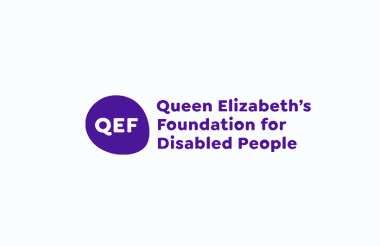A disability charity set up 90 years ago and named after the late Queen Elizabeth, the Queen Mother, is closing.
The Queen Elizabeth’s Foundation for Disabled People (QEF) announced this week that it had commenced a wind-down programme, which it said should take 28 days.
In a LinkedIn post, QEF, which has 250 employees, said the process will allow time for alternative placements to be found for residential clients at its care and rehabilitation centre, while honouring commitments to other clients to the best extent possible.
“At the end of this period, QEF intends to file for administration,” the charity said.
“We’ve worked tirelessly over the last year to try and save the charity, exploring numerous options to improve its finances, but unfortunately, there wasn’t a viable solution that met all the necessary requirements to overcome the challenging financial situation QEF faced.”
Financial data filed with the Charity Commission shows that in the year to March 2024, QEF recorded a total income of £12.4m against an expenditure of £12.5m. This compares with a total income of £14.6m and expenditure of £13.7m in 2022-23.
Challenging external environment
QEF was established in 1934 by Georgiana Buller and Stanley Evans to provide specialist training courses for disabled people.
The original employment training college was officially opened in 1935 by Queen Elizabeth, the Queen Mother – then the Duchess of York – who became QEF’s patron.
Over the years, QEF opened a sheltered workshop, holiday home and neuro-rehabilitation and mobility centre for people with acquired neurological disabilities, among other things.
In its accounts for 2023-24, the most recently filed, QEF said it has faced “significant” financial pressures in the last few years, adding that “the outlook remains challenging”.
In an attempt to stabilise its financial position, QEF closed its independent living service based at Dorincourt, Surrey, in 2023.
The accounts read: “We continue to actively recruit to our vacant positions, but the market is competitive with a national shortage of therapists and other key skills, resulting in upward pressure on salaries.
“In addition, while we welcomed the 9.8% increase in the national living wage from April 2024 for the staff affected, the uplifts in fees we’ve received from social care and health authorities haven’t been commensurate.
“Planned changes to employment costs from April 2025 arising from the 2024 autumn budget will further increase the economic pressure.”
QEF said it will now work with funding bodies to ensure clients “find suitable alternative placements”, and support its staff.











